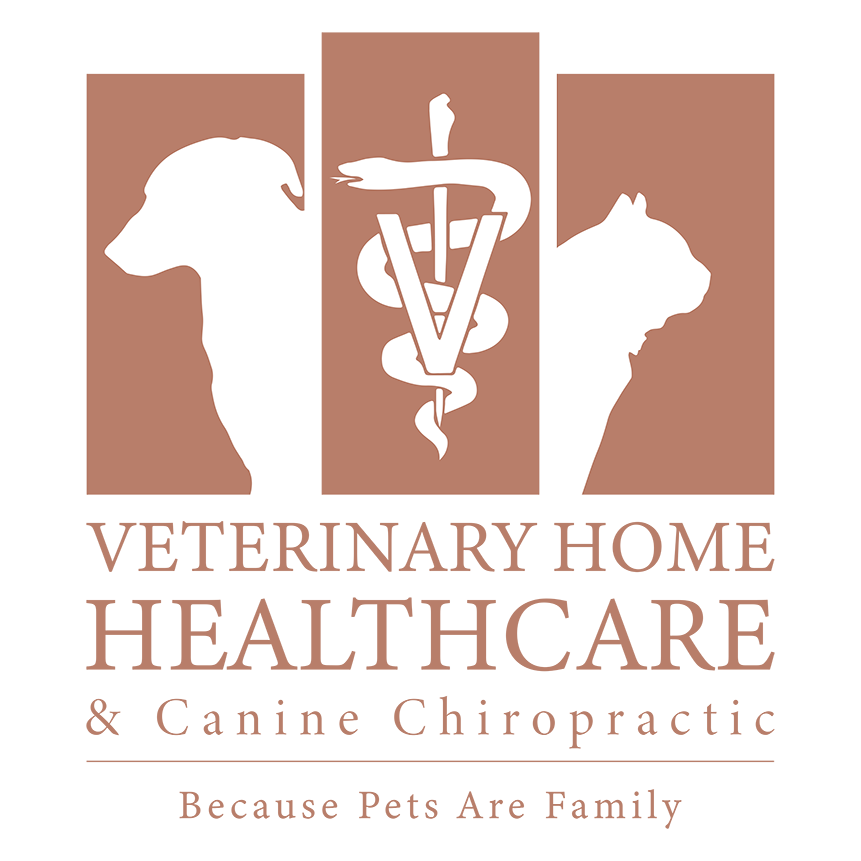Pets are naturally curious, and sometimes their curiosity can lead them to harmful substances. Poisoning is a serious risk that can happen at any time, whether from household products, toxic foods, or plants. March is Pet Poison Prevention Month, making it the perfect time to raise awareness about potential dangers and how to keep pets safe. At Veterinary Home Healthcare & Canine Chiropractic, we want to help pet owners recognize common toxins and take steps to prevent accidental poisoning.
Signs of Poisoning in Pets
Poisoning symptoms can vary depending on the toxin, but common signs to watch for include:
- Vomiting, diarrhea, drooling, or loss of appetite
- Weakness, tremors, or uncoordinated movements
- Difficulty breathing, excessive panting, or coughing
- Pawing at the mouth, foaming, or excessive drooling
- Increased thirst, urination, or sudden lethargy
If your pet shows any of these symptoms and you suspect poisoning, contact a pet poison control hotline immediately for guidance.
Common Household Poisons
Many everyday household items, foods, and plants can be toxic to pets. Some of the most common include:
- Human medications such as pain relievers, cold medicine, and antidepressants
- Foods like chocolate, grapes, raisins, onions, garlic, xylitol (found in sugar-free gum), and alcohol
- Toxic plants including lilies, sago palms, and azaleas
- Household cleaners, rodenticides, and antifreeze
For a complete list of toxic substances, visit the ASPCA’s Animal Poison Control Center website.
What to Do if Your Pet is Poisoned
If you think your pet has ingested something toxic, acting quickly is crucial. Contact a pet poison control hotline such as the ASPCA Animal Poison Control Center or Pet Poison Helpline for immediate advice. They can assess the risk and provide guidance on the next steps.
Veterinary Home Healthcare does not offer emergency or urgent care services. If your pet needs immediate medical attention, a poison control expert can direct you to the nearest emergency veterinary facility.
Preventing Pet Poisoning at Home
Taking a few simple precautions can help keep your pet safe:
- Store all medications securely and never give pets human medicine unless prescribed
- Keep harmful foods out of reach and be cautious of toxic ingredients in pet treats
- Use pet-safe cleaning products and store household chemicals in secure locations
- Research plants before adding them to your home or garden
Keeping Your Pet Safe from Accidental Poisoning
Pet Poison Prevention Month is a great time to review potential risks in your home and take steps to protect your pet. If you ever suspect your pet has ingested something harmful, contact a pet poison control hotline right away for expert advice.
For non-urgent pet health concerns, Veterinary Home Healthcare is here to help. Reach out to us for guidance on keeping your pet happy, healthy, and safe.

